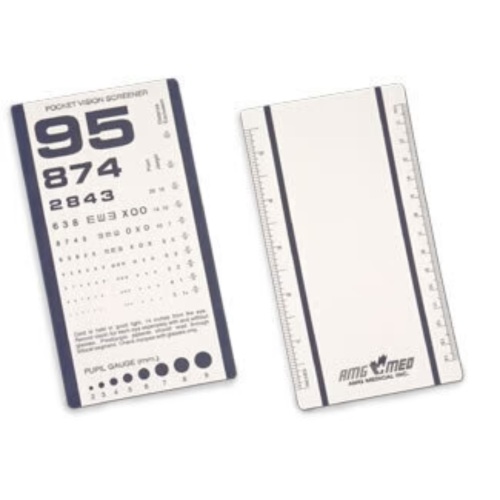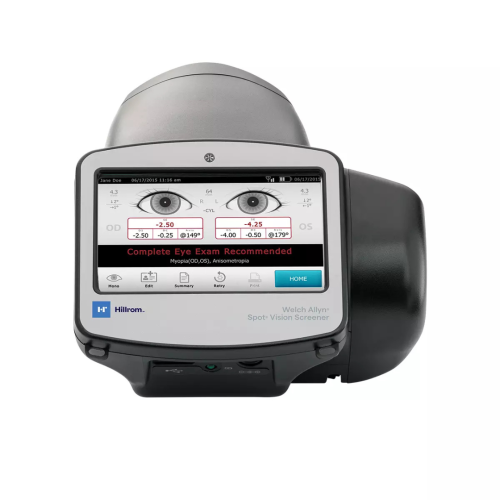Items in stock only
{{ filter.label }}
Eye Examination











Eye Examination
Eye examinations are crucial for assessing and maintaining optimal vision and eye health. Conducted by qualified optometrists or ophthalmologists, these examinations involve a series of tests and evaluations to detect refractive errors, eye diseases, and overall visual health.
Key Features:
- Visual Acuity Testing: Measures clarity of vision to determine the need for corrective lenses.
- Refraction Test: Determines the appropriate lens prescription for refractive errors.
- Eye Health Evaluation: Checks for signs of eye diseases such as glaucoma, cataracts, and macular degeneration.
- Intraocular Pressure Measurement: Screens for elevated pressure, a risk factor for glaucoma.
- Retinal Examination: Evaluates the health of the retina, optic nerve, and blood vessels.
- Binocular Vision Assessment: Assesses eye coordination and depth perception.
- Peripheral Vision Test: Checks the extent and sensitivity of side vision.
- Patient Education: Provides guidance on eye care practices and preventive measures.
- Advanced Technology: Utilizes modern equipment for precise diagnostics and treatment planning.
- Comprehensive Report: Detailed findings and recommendations for ongoing eye care and management.
From determining visual acuity to assessing eye coordination and examining the health of the retina, a thorough eye examination ensures early detection of issues and appropriate management for individuals of all ages.
Items in stock only
{{ filter.label }}
Eye Examination











Eye Examination
Eye examinations are crucial for assessing and maintaining optimal vision and eye health. Conducted by qualified optometrists or ophthalmologists, these examinations involve a series of tests and evaluations to detect refractive errors, eye diseases, and overall visual health.
Key Features:
- Visual Acuity Testing: Measures clarity of vision to determine the need for corrective lenses.
- Refraction Test: Determines the appropriate lens prescription for refractive errors.
- Eye Health Evaluation: Checks for signs of eye diseases such as glaucoma, cataracts, and macular degeneration.
- Intraocular Pressure Measurement: Screens for elevated pressure, a risk factor for glaucoma.
- Retinal Examination: Evaluates the health of the retina, optic nerve, and blood vessels.
- Binocular Vision Assessment: Assesses eye coordination and depth perception.
- Peripheral Vision Test: Checks the extent and sensitivity of side vision.
- Patient Education: Provides guidance on eye care practices and preventive measures.
- Advanced Technology: Utilizes modern equipment for precise diagnostics and treatment planning.
- Comprehensive Report: Detailed findings and recommendations for ongoing eye care and management.
From determining visual acuity to assessing eye coordination and examining the health of the retina, a thorough eye examination ensures early detection of issues and appropriate management for individuals of all ages.








